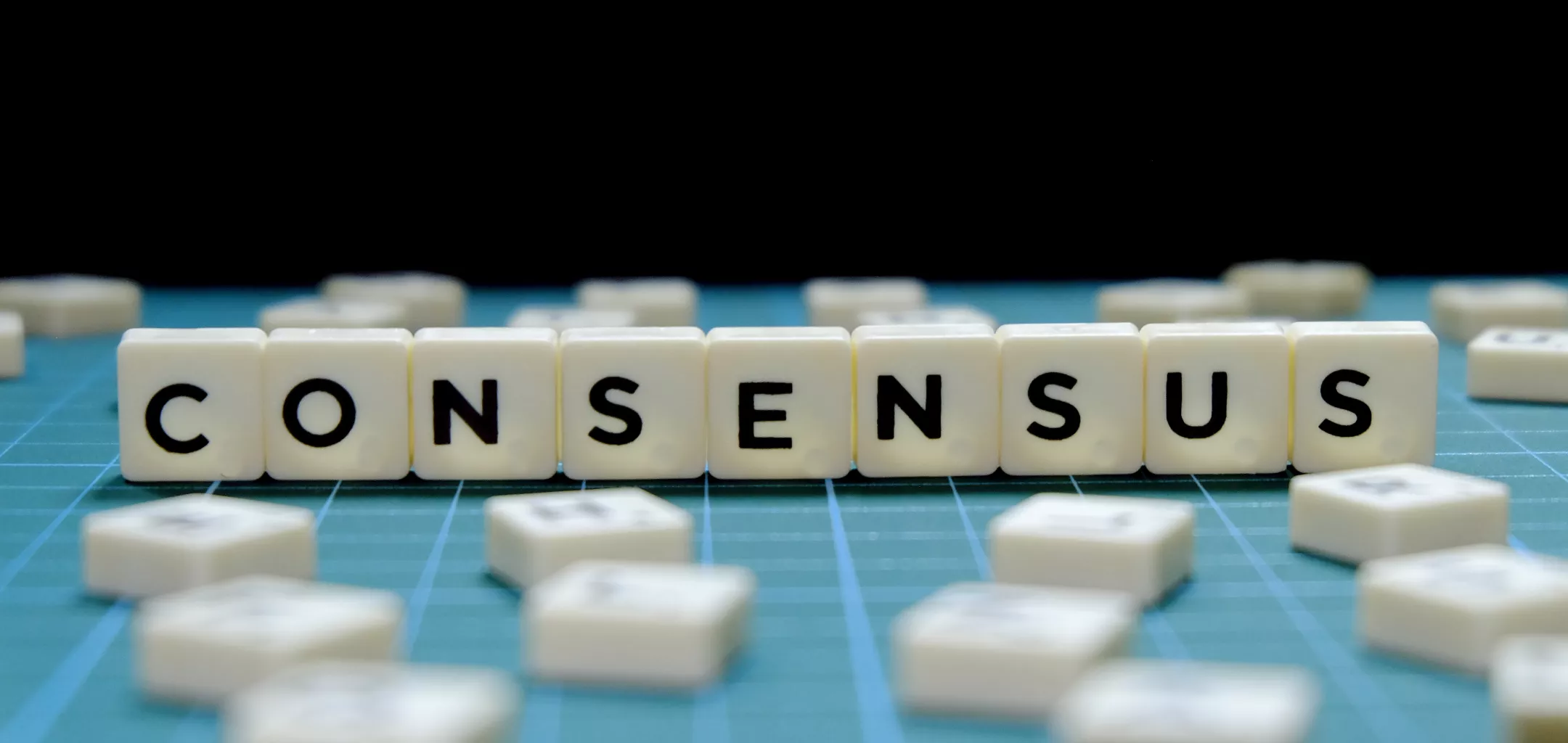Resetting the Mind: The Case for Academic Accommodations in Post-Concussion Recovery
2 Mins


We put a student’s broken leg in a cast for a good reason: We want to “accommodate” the fracture by keeping it immobile to allow the bone to regenerate and heal. Why should we do anything less when we are dealing with a student’s concussed brain?
The obvious answer is that we shouldn’t do anything less for a concussed brain than what we would do for a broken leg, yet somehow, this simple analogy has eluded us. Requiring accommodations for a concussed brain in the context of a student’s return to school needs to become a normal part of the brain’s healing process.
It is no great mystery what appropriate academic, behavioral, and mental accommodations look like for a student recovering from a concussion returning to school but applying them is the real challenge. In other words, what is holding us back from adopting a uniform set of post-concussion return to school accommodations?
Change is hard for people, and for societies. For a person to change their individual behavior, it often takes heroic effort combined with a steel will. Even then, there are times when the person questions their will, considers abandoning the effort to change, and then fails to make the changes sought.
For a society to change their collective behavior, the process is significantly more complex, and the failure rate significantly higher. Where one person confronts the need to change individually as the “captain” of their own ship, when we seek to change society, we do so knowing full well that there are thousands, if not millions, of “captains” and each captain has their own ideas about what the change, if any, should look like.
So, for societal change, the question becomes one of consensus: Is the collective behavior that we want to change addressed with a simple answer that we all can support? Is there a universal answer that cuts through the noise of the thousands of captains revealing a clear course forward?
In the case of providing accommodation to students recovering from concussions who are returning to school, there is a simple answer: Yes. We want to help those students recover from their brain injury with as little disruption to their academic, behavioral, and social life as possible. While there will be questions surrounding the procedures associated with applying those accommodations, there is no doubt that a society that values their children over almost all else, is a society willing to do whatever it takes to protect their children form future cognitive impairment. On this we can agree.
Now, let’s figure out how we get there…
Next Time
School is more than just academics, and the accommodation that we provide students returning to school after a concussion must be more than just academic accommodation. The story of Jennifer versus the bully.

